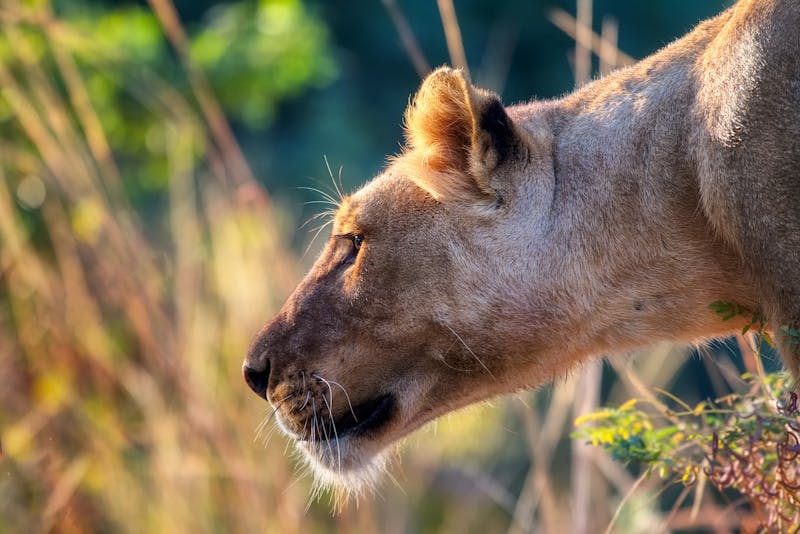Tragedy at the Wild Frontier: Lioness Attack Sparks Urgent Wildlife Safety Review in Kenya
Lioness Attack Sparks Urgent Wildlife Safety Review in Kenya

A tragic incident occurred near Nairobi, Kenya, when a 14-year-old girl lost her life after being attacked by a lioness that had strayed from Nairobi National Park. According to the Kenya Wildlife Service (KWS), the lioness jumped over a makeshift fence and entered a residential compound on the park’s southern border. Inside one of the homes, the animal attacked the girl, who was with another teenager. KWS emphasized that there was no indication the girls provoked the lioness.
The second teenager quickly sounded the alarm, prompting KWS rangers and emergency teams to respond. Following a trail of bloodstains, they discovered the girl's body near the Mbagathi River, bearing injuries to her lower back. In response, wildlife authorities have launched efforts to track the lioness, set traps, and strengthen safety measures, including the deployment of electric fences and AI-based early warning systems to alert communities about the proximity of wild animals.
In a separate but similarly alarming event, a 54-year-old man was fatally injured by an elephant while herding livestock in Nyeri County. The elephant, likely disturbed by human activity, inflicted chest injuries, broken ribs, and internal trauma on the man, who was declared dead upon arrival at a local hospital. These incidents, while rare, highlight the growing tension between humans and wildlife, particularly as people encroach on natural animal habitats.
KWS officials suggest that increased ecological pressures and habitat encroachment are driving animals closer to human settlements. The lioness may have been forced to leave her territory due to a decline in available prey, while the elephant was likely provoked by the man’s presence in its grazing grounds. While such attacks remain uncommon—lion encounters making up less than 2% of wildlife conflicts—elephant-related incidents are more frequent during dry seasons. KWS expressed condolences to the victims’ families and reaffirmed its commitment to working with communities to reduce future conflicts through better infrastructure and education.
What's Your Reaction?















:format(webp)/cdn.vox-cdn.com/uploads/chorus_image/image/70136881/1347078605.0.jpg)




